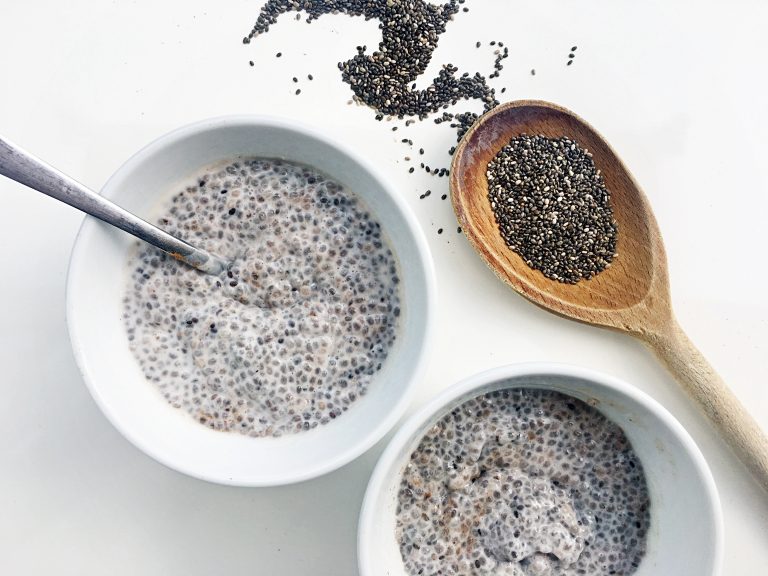
Snoring affects 90 million Americans and the majority of these people “are unaware of why they snore or what snoring could indicate about their overall health,” according to Jagdeep Bijwadia, a board-certified doctor in internal, sleep and pulmonary diseases medicine.
Snoring can be a telltale sign of an underlying sleep disorder like sleep apnea, a condition that can cause a pause in breathing while asleep. But simple, daily habits or decisions can also make you vulnerable to snoring, Bijwadia added.
And while people may take snoring lightly, the condition can do more than just keep your bedmate up at night. Recent studies have shown that snoring can lead to a high risk for hardening of the arteries, a leading cause of stroke, and general cardiac issues, said Steven Olmos, founder of TMJ & Sleep Therapy Centres International.
Fortunately, you can control many cases of snoring. The first step is to figure out what causes it and get the condition treated appropriately.
Here are just a few unexpected things that could be behind your unwanted snoring habit.
You’re enjoying an evening nightcap
Having a glass of wine at the end of the day may take the edge off, but it isn’t necessarily doing your sleeping habits any favors. According to Bijwadia, alcohol relaxes your airway muscles, which can lead to excessive snoring ― even if you’re not a regular snorer.
“And the less restorative and deep sleep you get each night, the more it builds and causes you to become more disoriented and foggy throughout the day,” he said.
You have a nasal obstruction
Having something blocking off your nasal passageway can definitely contribute to snoring. This could be due to a possible allergy or a deviated septum, according to Brian Drew, a physician at Ear Nose and Throat Specialty Care of Minnesota.
An allergist can help to treat your issues with sensitivities like dust mites or an ENT doctor can help you find an effective way to reduce snoring that occurs because of nasal obstruction.
“Nasal sprays … have been shown to increase nasal volume by 20%, which dramatically increases flow rate,” added Olmos. These products can help alleviate soft tissue swelling due to generalized inflammation and environmental sensitivities.
You’re a back sleeper
Sleeping on your back may make you much more likely to snore, said Marcella M. Frank, a sleep medicine specialist at Deborah Heart and Lung Center in Browns Mills, New Jersey. “When someone sleeps on the back, there is a natural tendency for the jaw and tongue to drop into the back of the throat,” Frank explained.
According to one study, around 92% of those suffering from sleep-disorder breathing can breathe better when they’re not on their back.
“Sleeping on your side helps to reduce snoring, and for those that suffer from more serious sleep disorders like sleep apnea, it can help alleviate some of those symptoms as well. It can increase your nightly oxygen intake and protects the airway from collapsing,” Bijwadia added.
It may be weight related
Excess body weight can lead to poor muscle tone and an increased amount of tissue around the throat and neck. Both of these can catalyze a snoring condition. Ensuring you’re active throughout your day will set you up for more quality sleep down the line, Bijwadia said, noting that maintaining a healthy weight may lessen your snoring.
Your thyroid may be out of wack
“With an under-active thyroid, there may be changes within the upper airway that lead to difficulty breathing during sleep,” said Shoshana Ungerleider, an internist at Sutter Health in San Francisco.
Studies show that hormonal stabilization in those with a hypothyroid condition improves snoring severity. Some other signs that your thyroid might be low functioning include fatigue, weight gain, dry skin, thinning hair and depression.

























